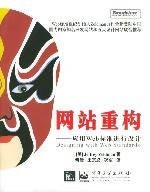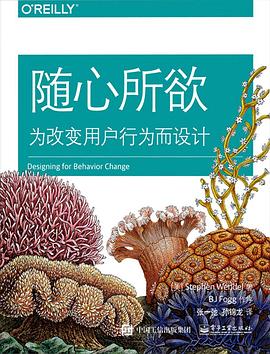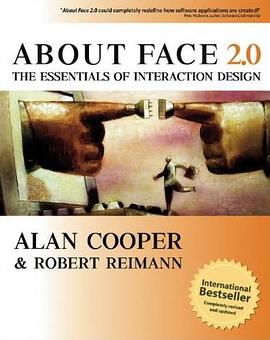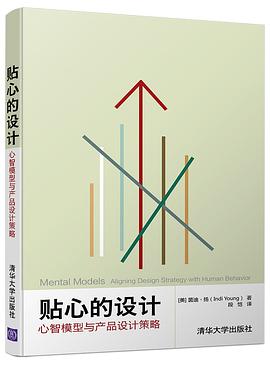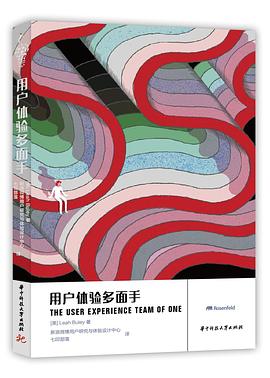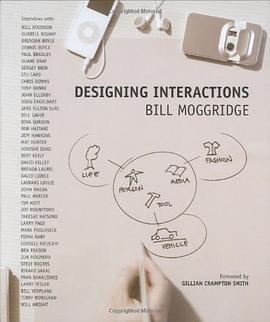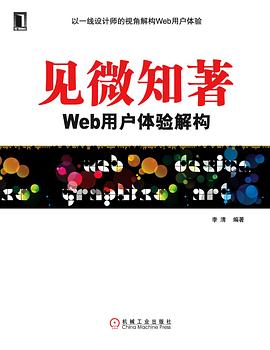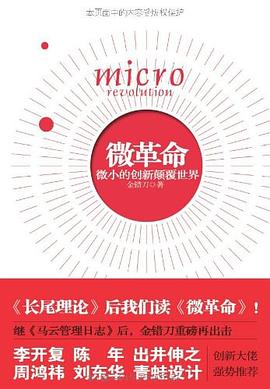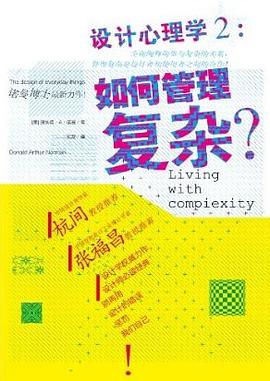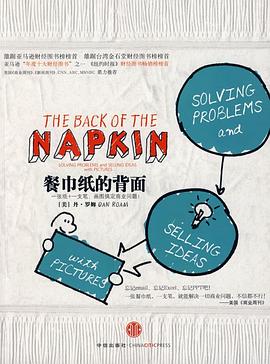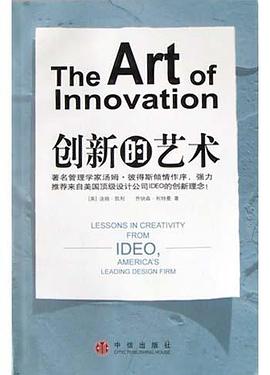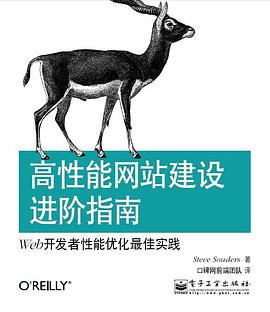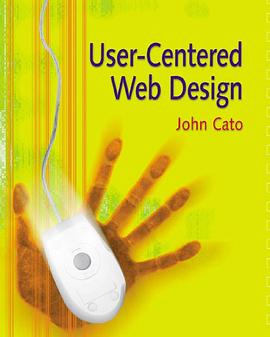
发表于2025-05-15
图书介绍
相关图书
图书描述
John Cato has 27 years experience designing software and interactive systems for clients such as Hewlett-Packard, Anderson Consulting, Microsoft, Rio Tinto plc, Westinghouse Systems, and Datastream International, specialising in usability engineering, HCI, and project management mentoring. He is a regular speaker at international conferences and runs a number of workshops and focussed training courses, as well as providing user-centred design consultancy and carrying out usability evaluations for a wide range of clients. 0201398605AB07132001
In this thoughtful book, usability expert John Cato outlines a design process that has a Web site visitor's needs in mind. He offers both theoretical discussions and real-world case studies. Although the illustrations in this compact book are small and not always well printed, the insightful advice is clearly communicated and is valuable to anyone setting out on the open sea of Web development. And, with its analyses of various corporate Web sites (including this one at Amazon.com), User-Centered Web Design addresses particularly important issues for those involved with e-business. This is neither a software how-to book nor a showcase of what's cutting-edge on the Web today. But it does inspire the sort of careful thinking found in Don Norman's The Psychology of Everyday Things.
Throughout the book, Cato offers diagrams, paradigms, and to-do lists, the first being his looping description of one's relation to the world: Awareness - Understanding - Action. His model for designing is Discover - Design - Use. Discovery includes the vision, exploration, "the 'Ah ha' moment." Design is where it is all born, and Use involves market testing and verification. These are just a few of the theoretical game plans he offers. Cato uses case studies to show how one can make user profiles contribute to the design process. It feels very similar to learning good marketing skills in business school.
The book also takes a careful look at visual techniques used on many sites today, breaking down what works and what doesn't, even proposing alternatives. For example, is the user confused over whether something is a button? Cato writes, "Make it buttony, and employ mouseovers to give confirmatory feedback," and "Go for creative ways of grabbing attention; they do not have to be large things."
You'll also learn how to push your creativity, get over your fears, and believe in yourself (good all-around life advice). There's even a section that looks at design issues for Web-enabled cell phones. This book won't wow you with its visuals, but the ideas and inspiration within may help you wow others with your Web design. --Angelynn Grant
User-Centered Web Design mobi 下载 pdf 下载 pub 下载 txt 电子书 下载 2025
User-Centered Web Design 下载 mobi pdf epub txt 电子书 格式 2025
User-Centered Web Design 下载 mobi epub pdf 电子书用户评价
评分
评分
评分
评分
评分
评分
评分
评分
User-Centered Web Design mobi epub pdf txt 电子书 格式下载 2025
分享链接
相关图书
-
 网站重构 mobi epub pdf txt 电子书 格式 下载
网站重构 mobi epub pdf txt 电子书 格式 下载 -
 无懈可击的Web设计 mobi epub pdf txt 电子书 格式 下载
无懈可击的Web设计 mobi epub pdf txt 电子书 格式 下载 -
 随心所欲 mobi epub pdf txt 电子书 格式 下载
随心所欲 mobi epub pdf txt 电子书 格式 下载 -
 About Face 2.0 mobi epub pdf txt 电子书 格式 下载
About Face 2.0 mobi epub pdf txt 电子书 格式 下载 -
 人机交互 mobi epub pdf txt 电子书 格式 下载
人机交互 mobi epub pdf txt 电子书 格式 下载 -
 Web数据挖掘:将客户数据转化为客户价值 mobi epub pdf txt 电子书 格式 下载
Web数据挖掘:将客户数据转化为客户价值 mobi epub pdf txt 电子书 格式 下载 -
 贴心的设计 mobi epub pdf txt 电子书 格式 下载
贴心的设计 mobi epub pdf txt 电子书 格式 下载 -
 用户体验多面手 mobi epub pdf txt 电子书 格式 下载
用户体验多面手 mobi epub pdf txt 电子书 格式 下载 -
 Designing Interactions mobi epub pdf txt 电子书 格式 下载
Designing Interactions mobi epub pdf txt 电子书 格式 下载 -
 见微知著-WEB用户体验解构 mobi epub pdf txt 电子书 格式 下载
见微知著-WEB用户体验解构 mobi epub pdf txt 电子书 格式 下载 -
 About Face 4: 交互设计精髓 mobi epub pdf txt 电子书 格式 下载
About Face 4: 交互设计精髓 mobi epub pdf txt 电子书 格式 下载 -
 网页设计创意书 mobi epub pdf txt 电子书 格式 下载
网页设计创意书 mobi epub pdf txt 电子书 格式 下载 -
 微革命 mobi epub pdf txt 电子书 格式 下载
微革命 mobi epub pdf txt 电子书 格式 下载 -
 设计心理学2 mobi epub pdf txt 电子书 格式 下载
设计心理学2 mobi epub pdf txt 电子书 格式 下载 -
 精益求精 mobi epub pdf txt 电子书 格式 下载
精益求精 mobi epub pdf txt 电子书 格式 下载 -
 Financial Economics mobi epub pdf txt 电子书 格式 下载
Financial Economics mobi epub pdf txt 电子书 格式 下载 -
 餐巾纸的背面 mobi epub pdf txt 电子书 格式 下载
餐巾纸的背面 mobi epub pdf txt 电子书 格式 下载 -
 创新的艺术 mobi epub pdf txt 电子书 格式 下载
创新的艺术 mobi epub pdf txt 电子书 格式 下载 -
 高性能网站建设进阶指南 mobi epub pdf txt 电子书 格式 下载
高性能网站建设进阶指南 mobi epub pdf txt 电子书 格式 下载 -
 交互设计指南 mobi epub pdf txt 电子书 格式 下载
交互设计指南 mobi epub pdf txt 电子书 格式 下载




